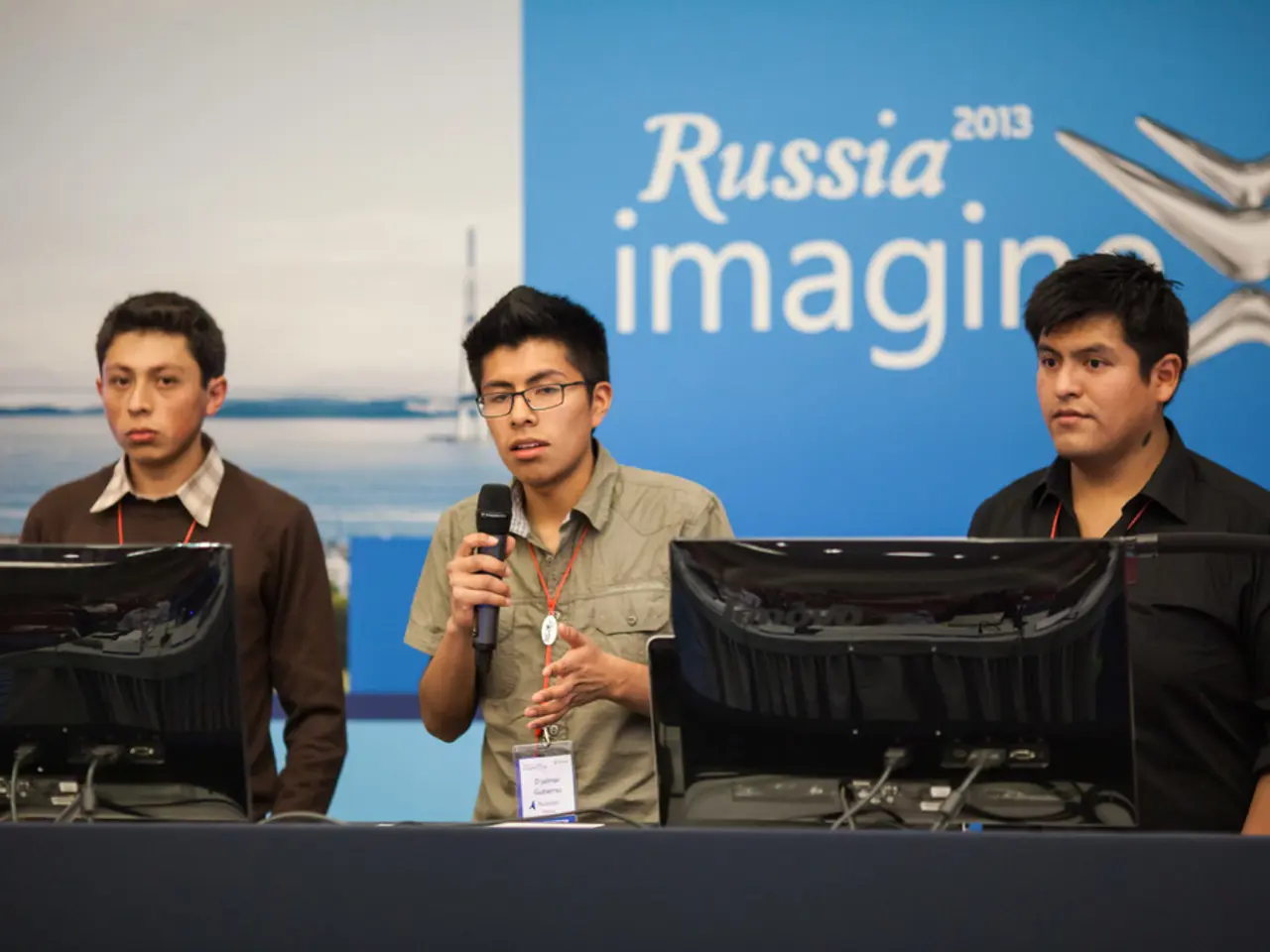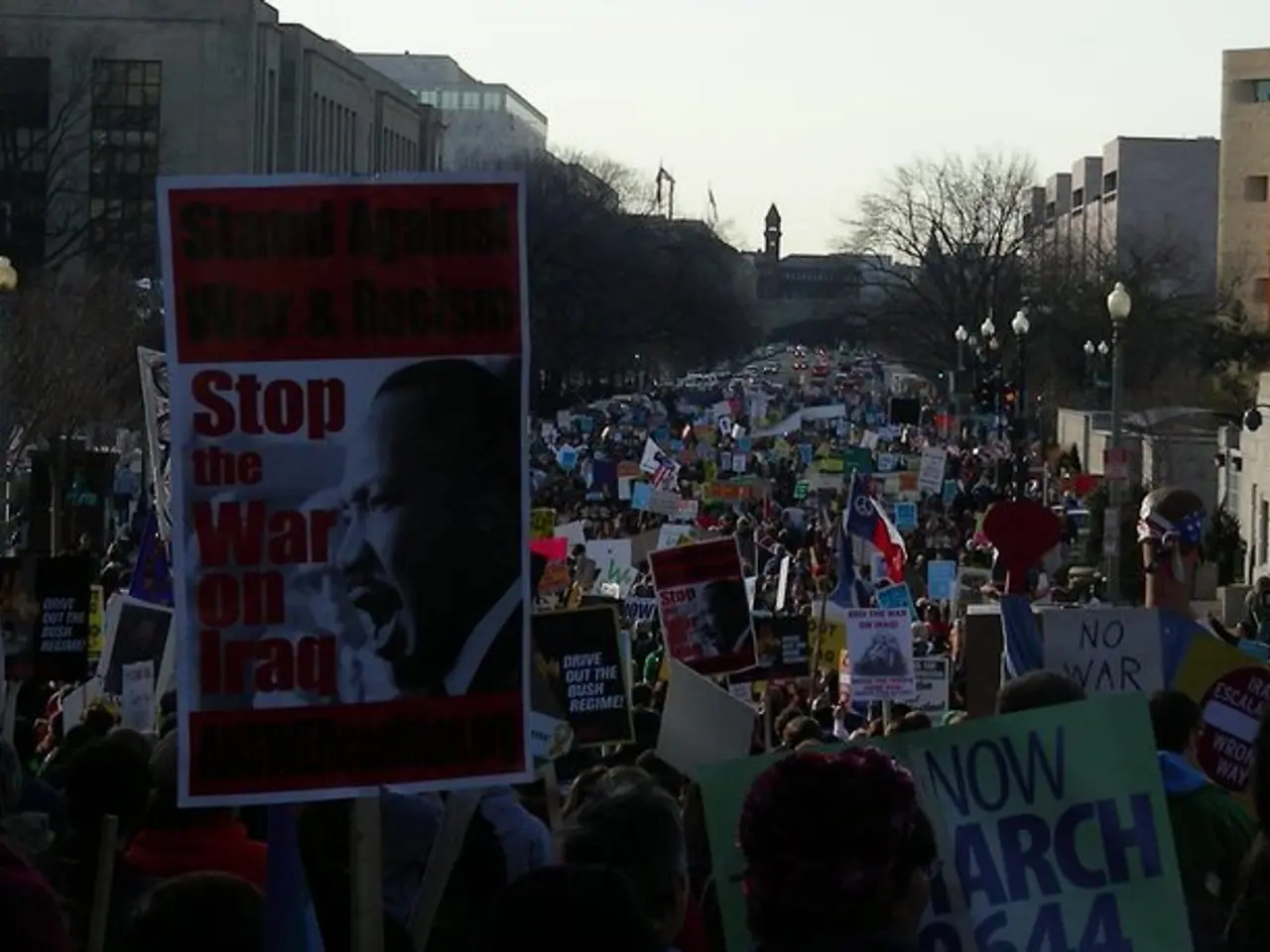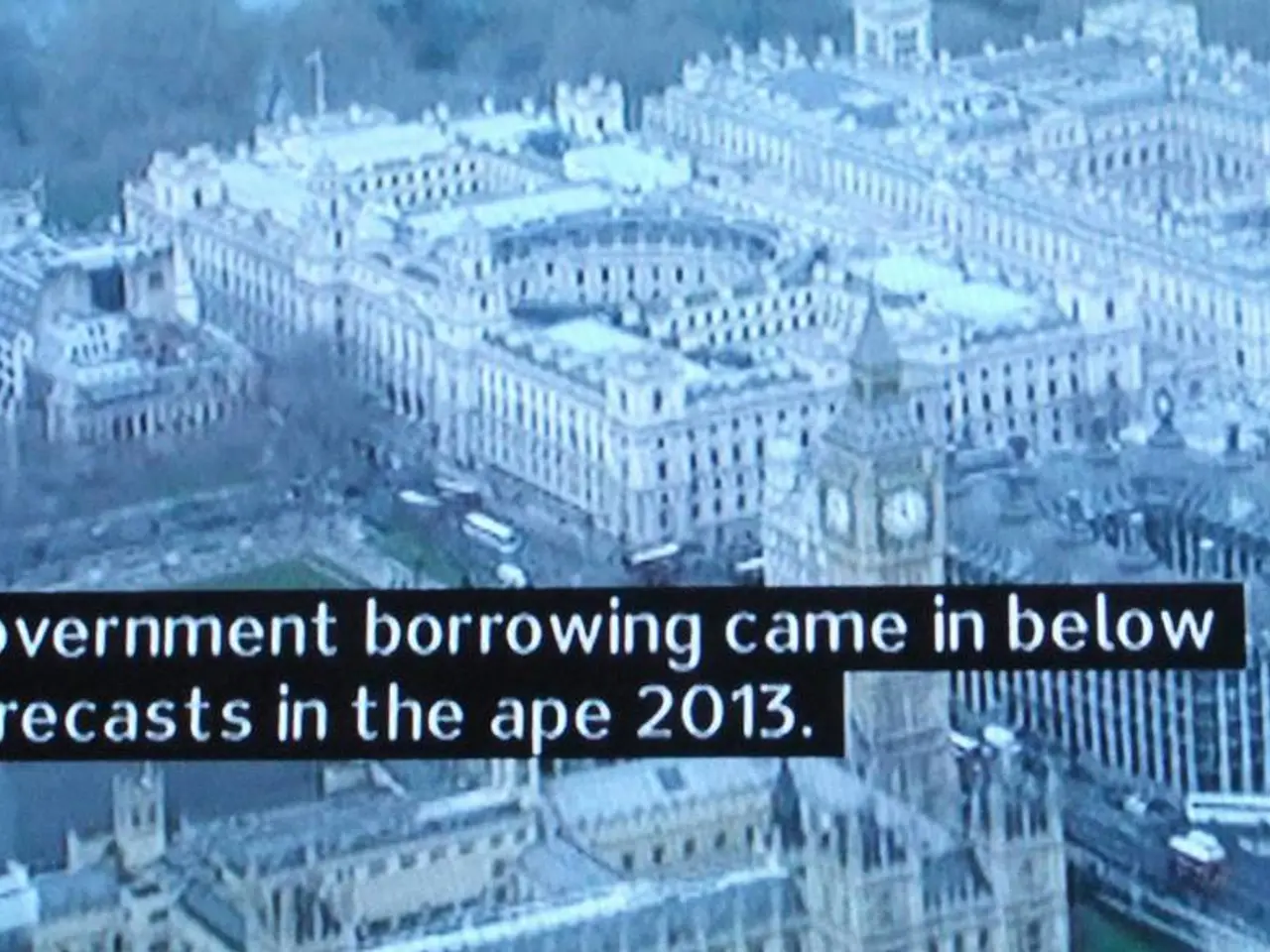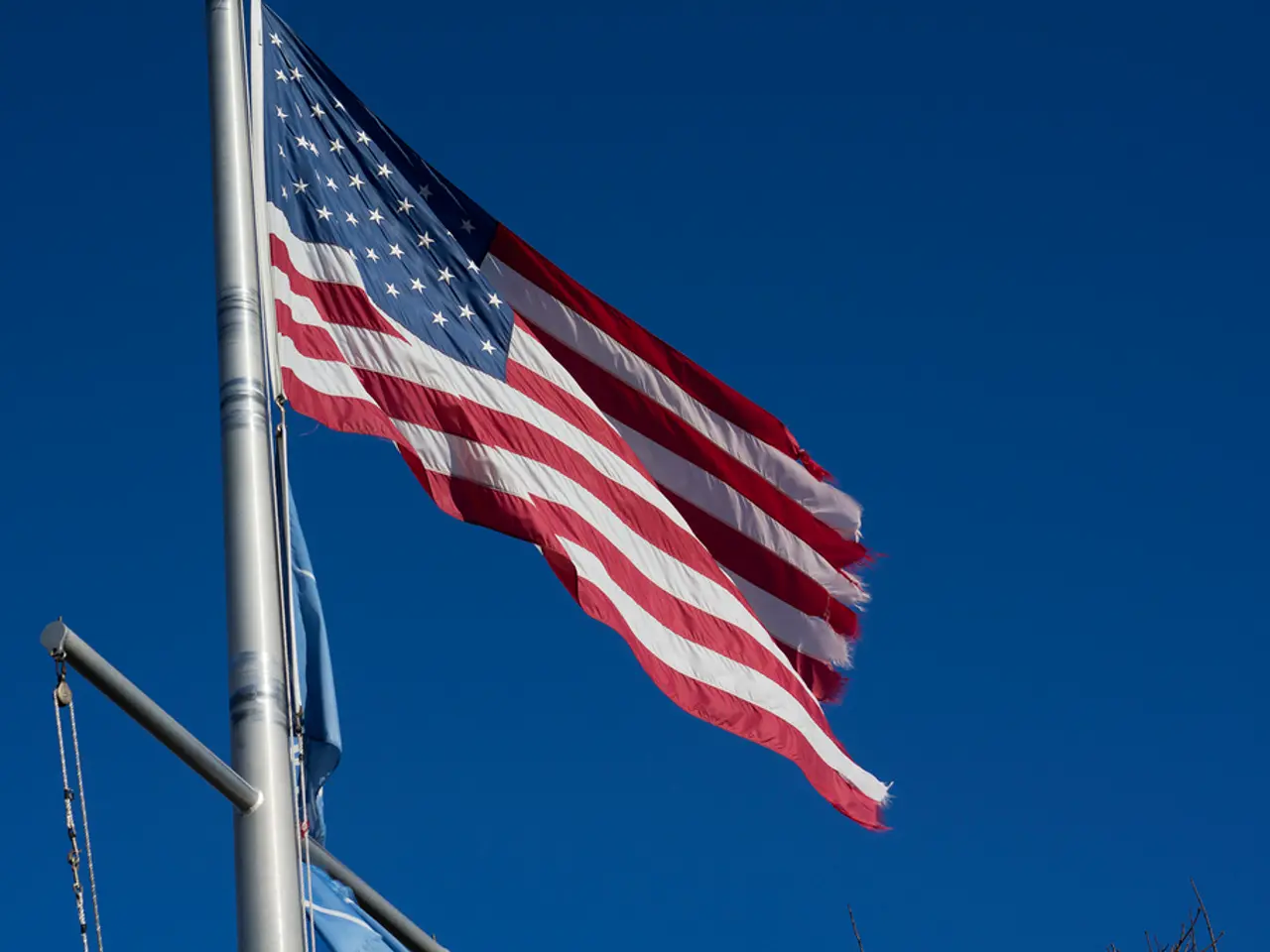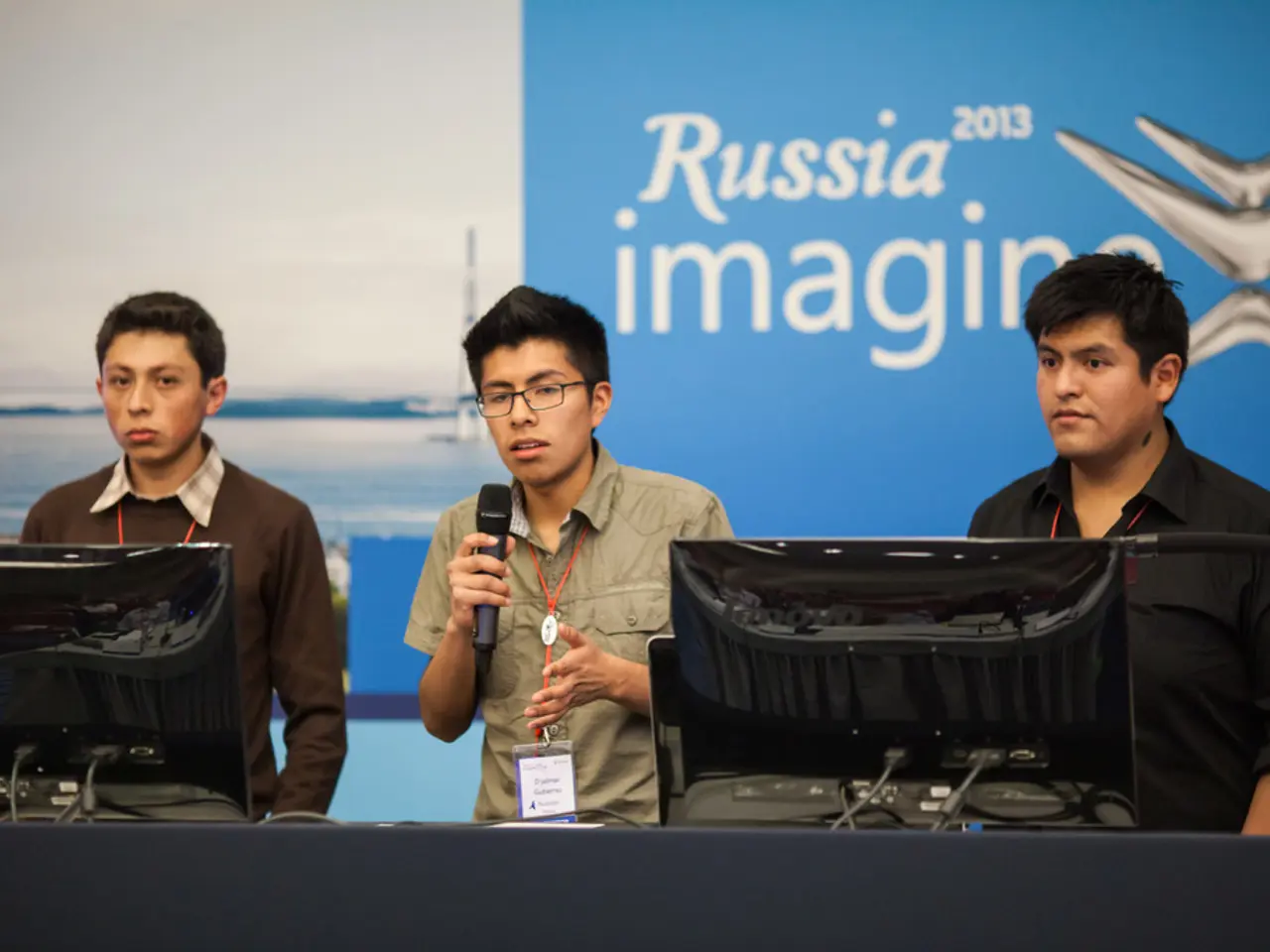Shift in Putin's Ukraine Policies Forecasts Persistent Conflict Across Europe
In a strategic move, Russian President Vladimir Putin has announced a focus on preparing for large-scale, high-intensity battles for Russia's armed forces between 2023 and 2026. This change in strategy aims to address shortcomings exposed during the initial Special Military Operation (SMO) and transform Russia's military into a fully battle-tested, modernized force capable of sustained combat.
This comprehensive transformation of Russian forces, which began in 2022, has been accelerated by compressing years of reforms into a few intense years of sustained combat experience. The transformation includes ramping up production of tanks, missiles, and unmanned systems, improving logistics and command, and training junior officers and troops under actual battlefield conditions. By 2025, Russia is arguably one of the strongest armies globally, tested extensively in high-intensity wartime conditions rather than theoretical readiness.
The long-term effects on the European theater are significant. The heightened threat of large-scale, intense conflict involving highly capable Russian forces equipped with advanced unmanned aerial vehicles (UAVs), electronic systems, and combined-arms tactics is a concern. Russia’s strategic focus on operational independence and self-reliance, combined with alliances and military-technical cooperation (e.g., with North Korea providing troops and receiving technology and combat insights), suggests more protracted and sophisticated conflicts could emerge, not limited to Ukraine but potentially affecting broader European security dynamics.
This is underscored by Russia’s advances in drone warfare and integrating UAV control systems, some even operated from space, further enhancing battlefield effectiveness. The concern of control over Ukraine has been a long-standing issue since the collapse of the U.S.S.R. in 1991, and the ongoing Russia-Ukraine war is strongly on a path towards an unlimited battle with worldwide implications, with both warring parties having no exit strategies.
The ongoing conflict and its repercussions, including the disruptions caused by the war, are likely to strain the US and European economies, militaries, and cultures. The concern over control over Ukraine has been a long-standing issue since the collapse of the U.S.S.R. in 1991. Washington sees the equipping of Ukraine as an investment to weaken the Russian military.
The International Monetary Fund predicts that "geo-economic fragmentation" could reduce global GDP by as much as 7% over a long-term, undefined period, due to the Russia-Ukraine conflict and COVID-19 pandemic. The World Bank recently highlighted the food situation as the "most worrying concern" due to countries' heavy dependence on Russia and Ukraine for food imports.
In response to the arrival of Ukrainian soldiers in the US for training and the potential supply of military equipment from the Pentagon, Putin is moving towards an all-out war strategy. Russia's Defense Minister announced plans to increase naval, aerospace, and nuclear forces to ensure military safety and security of the state. The ongoing Russia-Ukraine war is having long-lasting effects that will be incalculable.
Putin has drawn a red line over Ukraine, viewing any NATO expansion into Ukraine as a threat. The ongoing war between Russia and Ukraine has been ongoing for nearly a year. As Putin strengthens Moscow's defenses, including the deployment of Pantsir anti-aircraft systems near the Kremlin, the ministry of defense structure, and Putin's Valdai home, it is clear that Russia is preparing for a prolonged conflict.
The Russia-Ukraine conflict, along with the COVID-19 pandemic, poses significant challenges to global stability and economic growth. As Russia continues to modernize and strengthen its military, the European theater and the world at large must prepare for potential escalations and the long-term implications of this ongoing conflict.
- The ongoing Russia-Ukraine war, with its potential escalations, could have significant repercussions on the global food supply, as Russia and Ukraine are major contributors of food imports to many countries.
- In light of the Russia-Ukraine conflict and the subsequent modernization of Russia's military, the world, particularly the European theater, must be prepared for a potential shift in politics, as the increased military strength could influence war-and-conflicts dynamics and general news.
